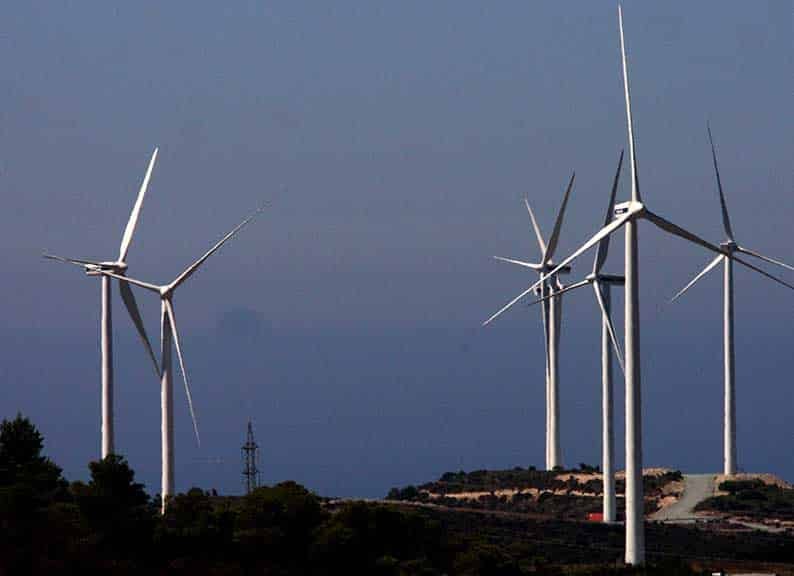Lawmakers on Tuesday continued discussing three bills aimed at promoting the penetration of renewables in the energy mix, including fast-track licensing through the creation of a one-stop-shop.
“We are introducing the one-stop-shop, very fast procedures for licensing of renewables projects, so that the transition to the green era can happen at a much quicker pace than usual,” said Disy MP Kyriacos Hadjiyiannis, chair of the House commerce committee.
Dipa deputy Michalis Yiakoumi said the planned one-stop-shop should not be restricted to a supervisory or coordinating role, but rather it should play an “effective and critical part” in the licensing process.
His language almost exactly mirrored the talking points included in a memo recently sent to the committee by Christos Tsingis, secretary of the Cyprus Wind Energy Association. It’s understood the association is lobbying heavily for expedited licensing.
According to Yiakoumi, licensing for renewables projects should take no more than three to six months. And where the relevant authority does not respond to an application within a month, the one-stop-shop would be able to issue a licence.
“All of us, as institutions of the state, ought to more transparently, more fairly and more objectively…forge policies aimed at weaning ourselves off fossil fuels, the further penetration of renewables in energy systems, and the tangible reduction of electricity prices for all consumers,” he noted.
Together, the three bills aim to achieve Cyprus’ 2030 climate goals and the ‘green transition’, in compliance with EU Directive 2018/2001.
The three items of legislation are also included in the national recovery and resilience plan, for which Cyprus stands to tap some €450 million in EU funds.
The EU financing includes €500,000 for the establishment of an online one-stop-shop which will serve to inform, facilitate but also license renewables projects.
In other business on Tuesday, the committee discussed a government bill that would convert the Natural Gas Public Company into a public-law entity.
The bill spells out the proposed entity’s competences and obligations, which include the ownership, management, transportation and distribution of natural gas systems.







Click here to change your cookie preferences